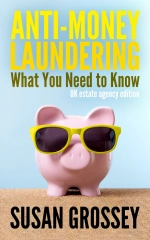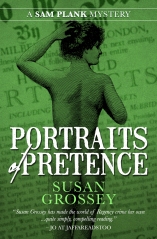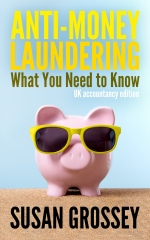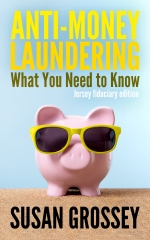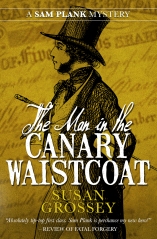Sometimes, in the rush to keep up with latest developments and whizzy new laundering techniques, we can forget the basics. And checking customer identity is as basic as it gets: is the customer who they say they are? This involves simply looking at the customer alongside a piece of photographic ID and confirming that they are one and the same. When I am reminding people about the importance of this basic due diligence step, I like to make them think about why we keep copies of our customers’ photographic ID (and why those copies should be clear enough for the customer to be recognisable – you’ve all seen those dark, fuzzy photocopies that are virtually useless – what I like to call “mis-taken identity”): it is simply so that the police know who to look for. Everything else on the document might be false, but if the face is right, the police have something to go on.
A couple of recent news stories have highlighted the vital importance of this basic check of identity – and what can go wrong when it is not done properly. Earlier this month, Stephen Lennon, leader of the English Defence League, was jailed for using a friend’s passport to travel to the US. As the representative of a far-right movement that opposes (as it sees it) the spread of Islam, and with several convictions for assault, Lennon had previously been refused entry to the US and so decided to travel on someone else’s passport. He used one of those self-check-in machines at Heathrow, and whoever looked at his passport at bag drop and the gate thought it was OK; he was stopped only when finger-printed at JFK. Lennon’s sentence came a couple of days after the Australian authorities arrested a Syrian-born American man, Richard Chichakli, on suspicion of being a business partner of convicted arms dealer Viktor Bout. Chichakli (who has been on the run since 2005) entered Australia on false documents and then applied for a job as a security guard – and failed the pre-employment checks. Alarming that a commercial security firm should make more stringent checks than the immigration authorities – but it does show that we all have our part to play, as document irregularities could be spotted at any point. Those targeting the Spanish-speaking market need to keep their wits about them now that Cubans are rushing to apply for passports. And a Welsh rugby player is in the doghouse after his puppy chewed up Jason Tovey’s passport just before an important game in France.






